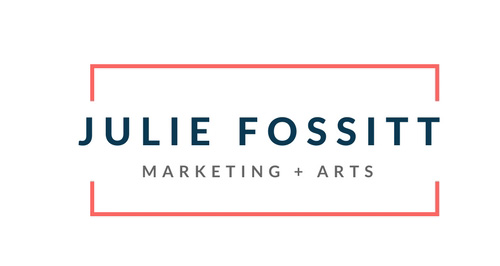I write this from a place of privilege, as I have a full time job and can share my thoughts and expertise with others and don’t need to be financially compensated for my time or effort. In Keith Ferrazzi’s book Never Eat Alone, he describes how networking has been not only the key to his own success, but connecting others with opportunities and jobs with no end game has helped him to continue to succeed. This ‘relationship glue’ is what turns acquaintances into friends. Ferrazzi spends a significant amount of time working to open doors for his contacts, connect people and help others succeed in business and life. And he does this for free.
Gary Vaynerchuk states regularly that he gives away all of his ideas for free because most people are too lazy to actually take them and do anything with it. He publishes free content every single day on multiple platforms and most of it is dedicated to sharing his knowledge of business, entrepreneurship, marketing and digital media.
This approach makes sense to me if you are a business person who is wanting to strengthen your personal brand and use traditional and digital media to establish yourself as an expert in your field and grow your digital reach. However, in the arts, we are taught to never give away your content for free as artists should always be paid for their work. If someone asks an artist to offer his or her services for ‘promotional opportunities’ or ‘exposure’ at an event, the artist may ask if they would ask a restaurant to offer their food for free for the same exposure. It just doesn’t make sense. (Although the Red Barn Restaurant gave away so much of their food, they doubled their revenue. )
Last week I received an email from Nina Simon‘s blog feed that her new book, the Art of Relevance, is now available for download for free. I initially thought this was a missed opportunity for a cultural worker to receive some compensation for her hard work, but her rationale was thoughtful:
“Why make the book available for free under a Creative Commons license? I do it for three reasons:
- It makes it easier for people to share and spread the ideas in the book.
- It expands access to the book.
- It helps sell more books. “
(You can read this in depth at her blog post here).
I started to research to see if there were any artists who had found that giving away their content, knowledge or expertise for free and if they saw any benefit to this. Michael Wheeler, from SpiderWebShow, shared these comments when I posed this question to him.
“I think this compromise is already built into theatre. So many of us start in the Fringe or SummerWorks or in indie collectives. I spent almost a decade doing this work. At most you make like $500 of these shows so the hourly wage isn’t even worth working out. But if you’re successful you end up having the opportunity for paid work. I think later in careers people have to make more financially viable decisions, but fundamentally there are way more artists than paid work, and if you don’t make anything it is hard to be an artist.
The private sector typically leads the way in best practices. The past 5 years have seen a significant increase in transparency and public engagement in the public and non-profit sectors, and the way that people share their work and expertise has drastically shifted due to social media and the digital engagement of everyday people with organizations. Artists who document their artistic process and share their work in the digital realm will grow their personal brands and networks and open up new opportunities for partnerships and paid work. Those artists who don’t have a transparency in their process may struggle with brand recognition.
